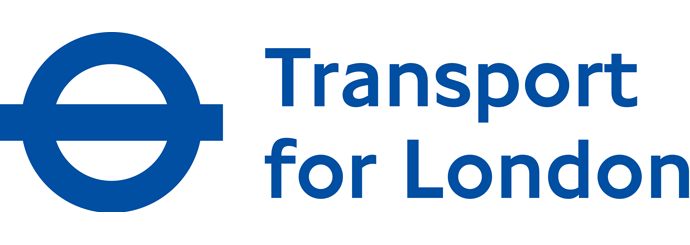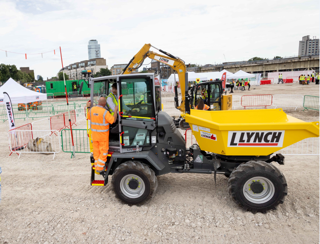Transport for London is working to reduce risk of road collisions by ensuring all contracts in its supply chains include Work Related Road Risk requirements.
Since 2012 TfL has included Work Related Road Risk clauses in all new contracts with suppliers or contractors using a commercial vehicle. More than 600 existing contracts have also been amended to include Work Related Road Risk clauses. Through the Work Related Road Risk requirements every single driver working on TfL’s behalf is required to have regular checks of their driving licence by the Driver and Vehicle Licensing Agency (DVLA). By confirming that every driver holds a valid licence for the vehicle that they are operating, dangerous drivers are forced from the roads, potentially saving lives.
As part of TfL’s Work Related Road Risk clauses, freight operators must meet best practice standards such as accreditation through the Fleet Operator Recognition Scheme (FORS) and drivers must be trained in approved courses such as Safe Urban Driving. FORS accreditation aligns with TfL’s WRRR clauses. The FORS Standard ensures that all vehicles have close proximity warning systems and blindspot mirrors and that a programme of progressive training exists for drivers.
TfL and Crossrail’s mandatory contract ‘terms and conditions’ became the inspiration for the ‘Construction Logistics and Cyclist Safety standard for construction logistics – Managing work related road risk.’ This set of Work Related Road Risk requirements were developed by and for the construction industry.
Work Related Road Risk requirements are an effective way for all organisations to proactively reduce the risk of their supply chain being involved in serious accidents on the roads. TfL strongly encourages other organisations to use their buying power to improve road safety for all road users.


















Login to comment
Comments
No comments have been made yet.